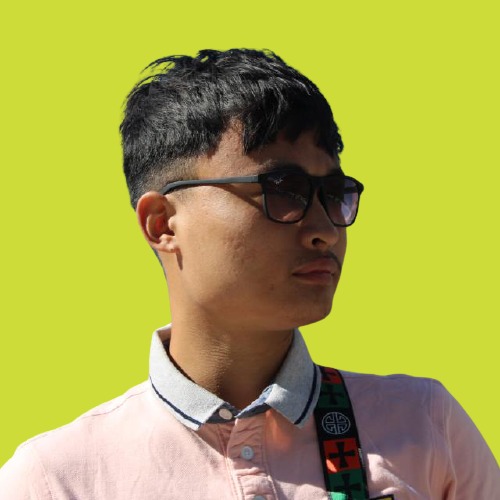
 Data Structure
Data Structure Networking
Networking RDBMS
RDBMS Operating System
Operating System Java
Java MS Excel
MS Excel iOS
iOS HTML
HTML CSS
CSS Android
Android Python
Python C Programming
C Programming C++
C++ C#
C# MongoDB
MongoDB MySQL
MySQL Javascript
Javascript PHP
PHP
- Selected Reading
- UPSC IAS Exams Notes
- Developer's Best Practices
- Questions and Answers
- Effective Resume Writing
- HR Interview Questions
- Computer Glossary
- Who is Who
How to create a canvas with progress cursor using FabricJS?
In this article, we are going to create a canvas with a progress cursor using FabricJS. A progress cursor indicates that a program is busy in the background but allows the user to interact with the interface. progress is one of the native cursor style available which can be used in the FabricJS canvas too.
FabricJS provides various types of cursors like default, all-scroll, crosshair, col-resize, row-resize, etc., which are reusing the native cursor under the hood. Each of these cursors look slightly different based on operating system.
Syntax
new fabric.Canvas(element: HTMLElement|String, { defaultCursor: String }: Object)
Parameters
element − This parameter is the <canvas> element itself which can be derived using document.getElementById() or the id of the <canvas> element itself. The FabricJS canvas will be initialized on this element.
options (optional) − This parameter is an Object which provides additional customizations to our canvas. Using this parameter color, cursor, border width and a lot of other properties can be changed related to the canvas, of which defaultCursor is a property with which we can set the type of cursor.
Example 1
The defaultCursor property accepts a String which determines the name of the cursor to be used on the canvas. We will set it to progress to use the progress cursor. Let's see a code to create a canvas with a progress cursor in FabricJS.
<!DOCTYPE html>
<html>
<head>
<!-- Adding the Fabric JS Library-->
<script src="https://cdnjs.cloudflare.com/ajax/libs/fabric.js/510/fabric.min.js"></script>
</head>
<body>
<h2>Canvas with progress cursor using FabricJS</h2>
<p>Bring the cursor inside the canvas to see the changed shape of cursor</p>
<canvas id="canvas"></canvas>
<script>
// Initiate a canvas instance
var canvas = new fabric.Canvas("canvas", {
defaultCursor: "progress"
});
canvas.setWidth(document.body.scrollWidth);
canvas.setHeight(250);
</script>
</body>
</html>
Example 2
In this example, we will add a circle to the canvas along with the progress cursor.
<!DOCTYPE html>
<html>
<head>
<!-- Adding the Fabric JS Library-->
<script src="https://cdnjs.cloudflare.com/ajax/libs/fabric.js/510/fabric.min.js"></script>
</head>
<body>
<h2>Canvas with progress cursor using FabricJS</h2>
<p>Here we have added a circle to the canvas along with a progress cursor</p>
<canvas id="canvas"></canvas>
<script>
// Initiate a canvas instance
var canvas = new fabric.Canvas("canvas", {
defaultCursor: "progress"
});
// Initiate a Circle instance
var circle = new fabric.Circle({
radius: 50,
fill: "green"
});
// Render the circle in canvas
canvas.add(circle);
canvas.setWidth(document.body.scrollWidth);
canvas.setHeight(250);
</script>
</body>
</html>
